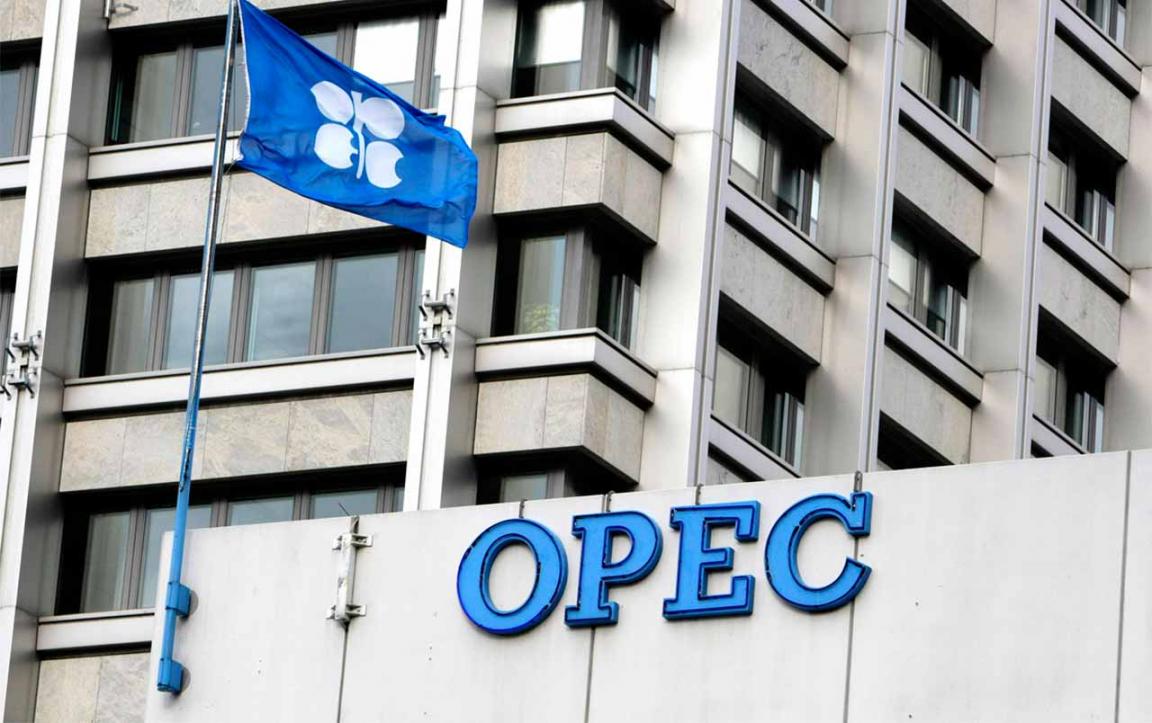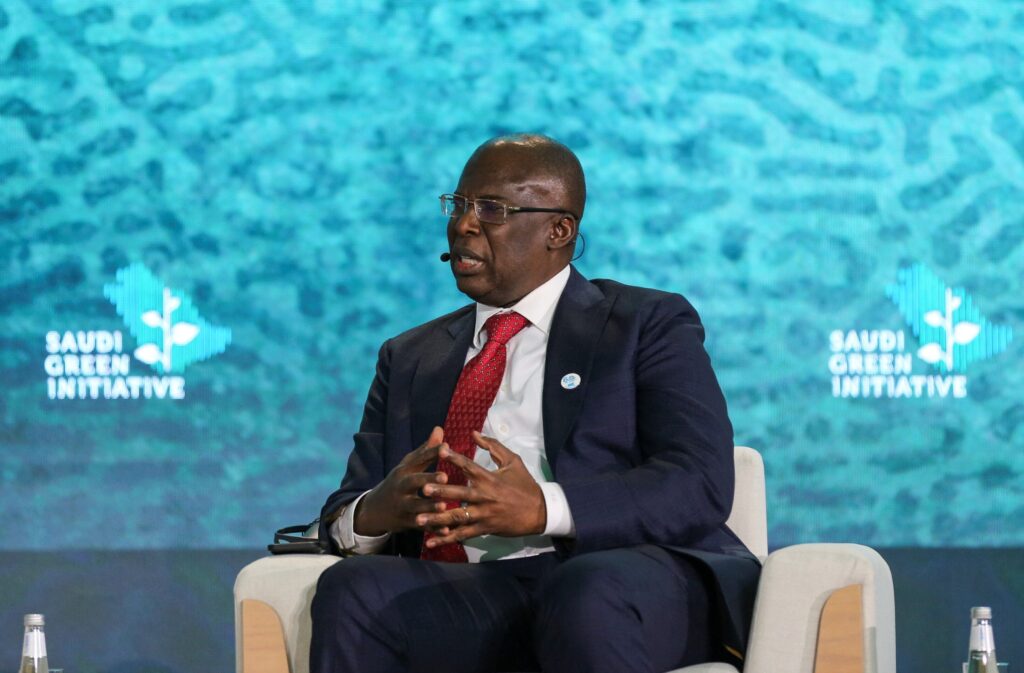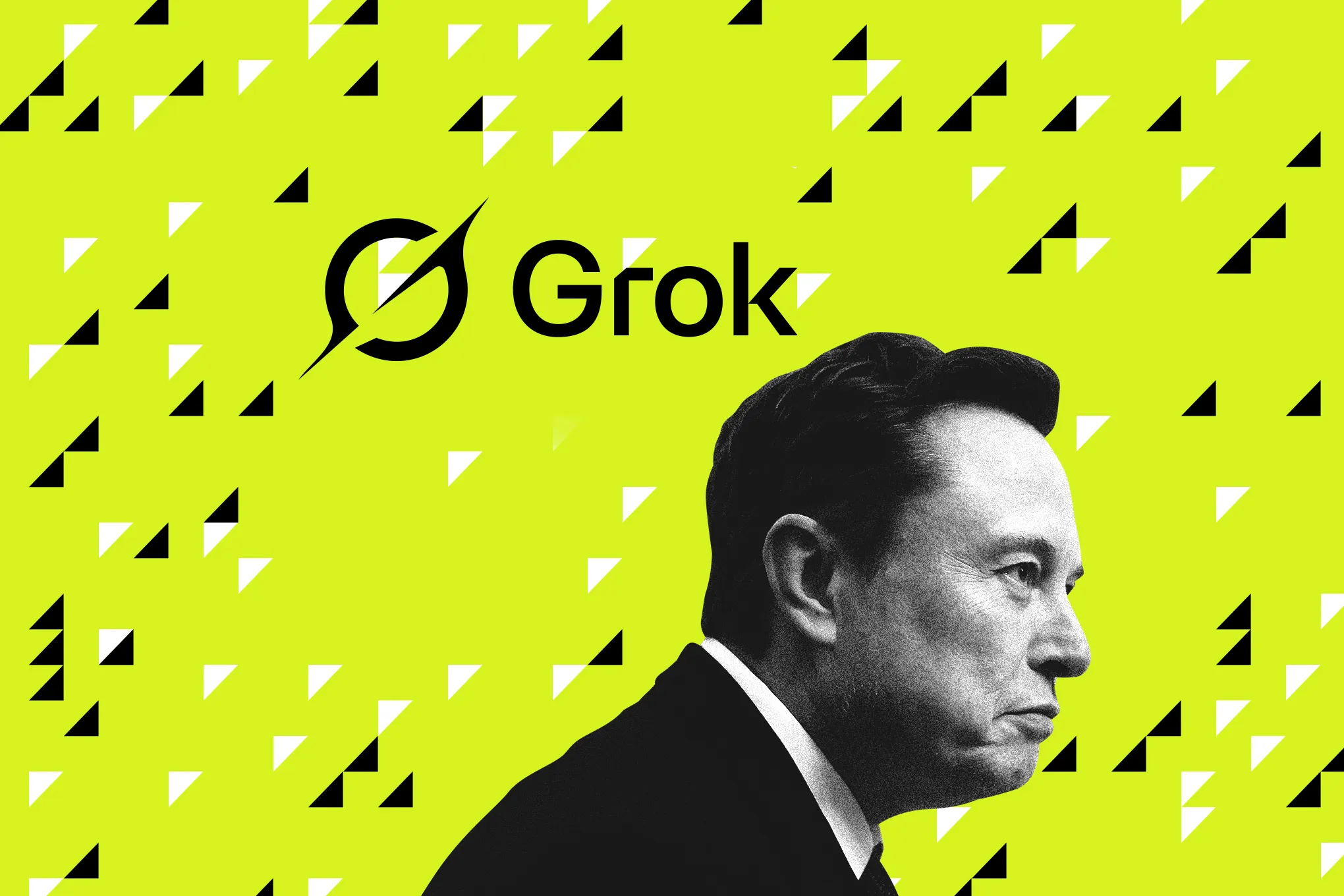OPEC’s Long-Term Power Play: Reclaiming Market Share Amid Global Shifts

OPEC is charting a deliberate and calculated path toward expanding its influence in global energy markets. By gradually unwinding production cuts, the oil-producing alliance is signaling a long-term strategy to reclaim market share—one that relies not just on controlling supply, but also on the shifting geopolitical and economic landscape.
Despite easing output restrictions, oil prices remain elevated. That’s largely thanks to factors beyond OPEC’s direct control: heightened geopolitical tensions, ongoing U.S.-China trade negotiations, and persistent sanctions on Russia have all contributed to tightening supplies and boosting prices. At the same time, a slowdown in non-OPEC oil discoveries has helped preserve the cartel’s leverage.
Internally, OPEC is also using this strategy to rebuild unity among its member states after past divisions. The group’s cohesion is seen as critical for maintaining influence in a world where energy demand, while resilient, faces growing pressure from climate initiatives and projections of peak consumption within the coming decades.
By playing the long game, OPEC is betting that disciplined coordination, geopolitical savvy, and strategic timing will ensure its relevance—and dominance—well into the energy transition era.

















